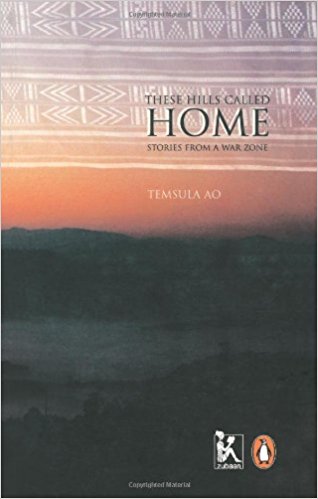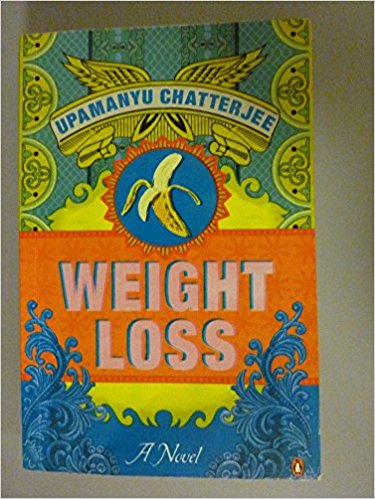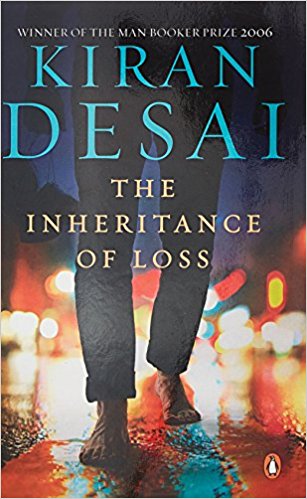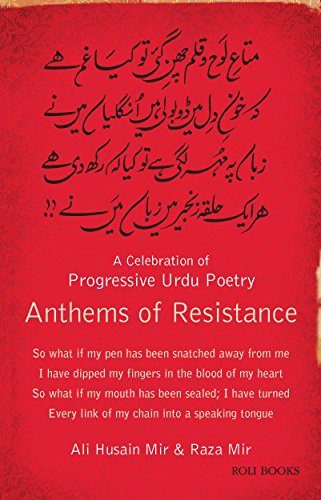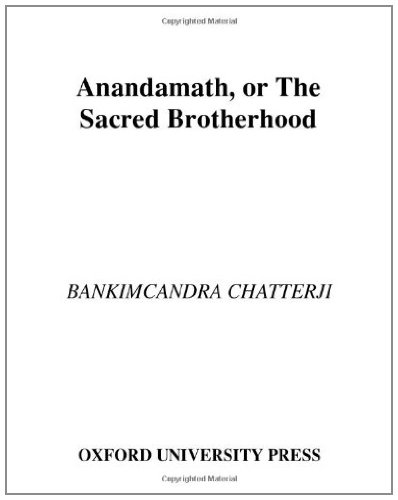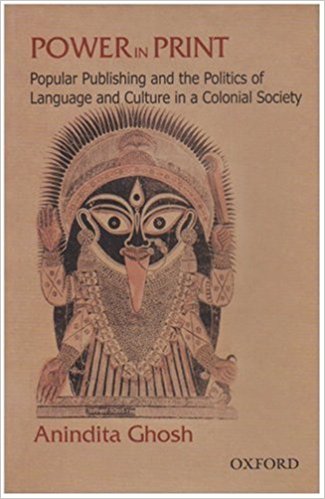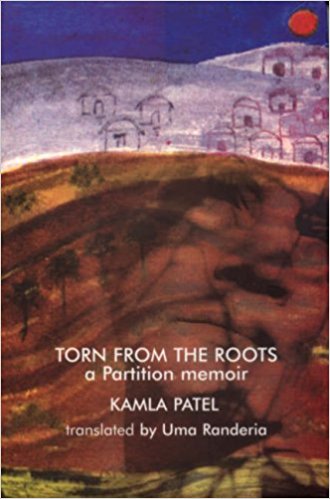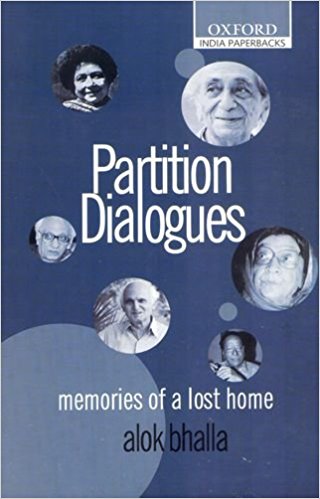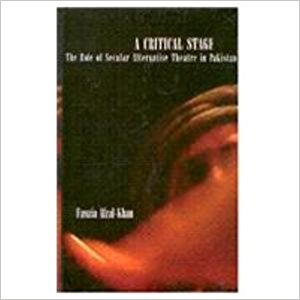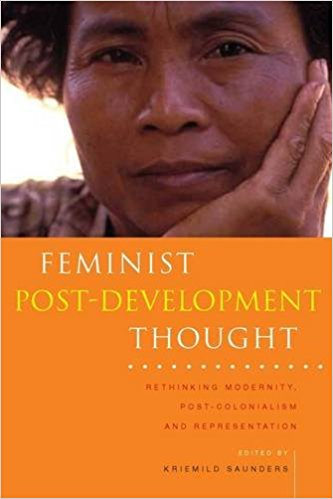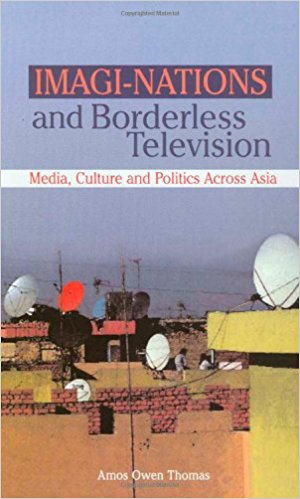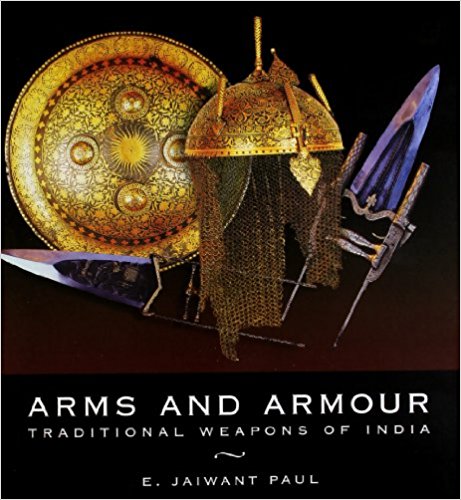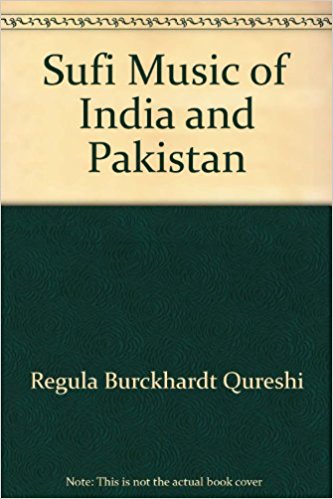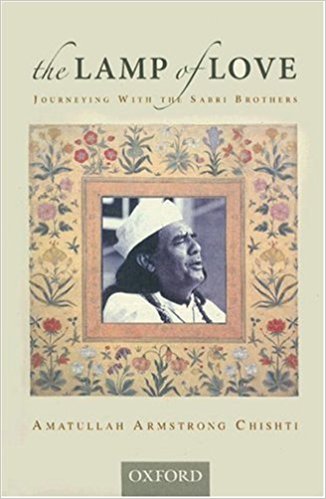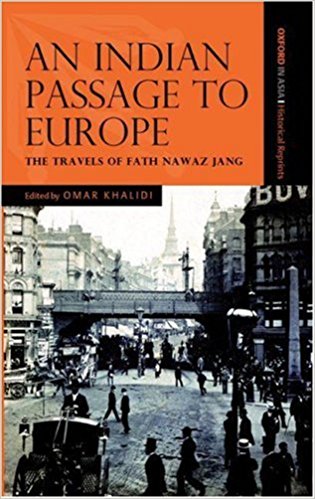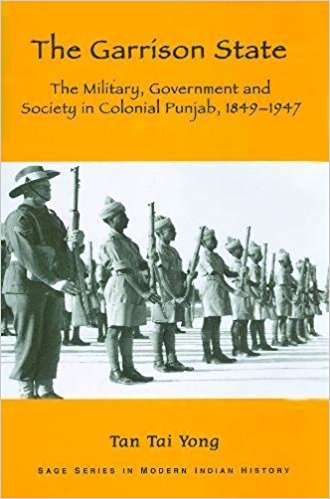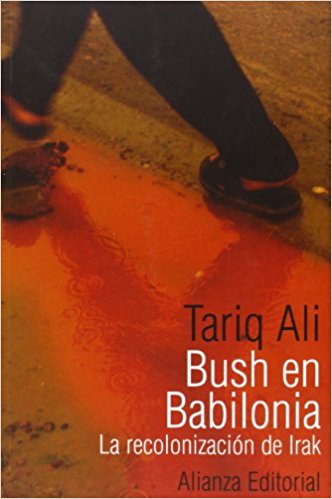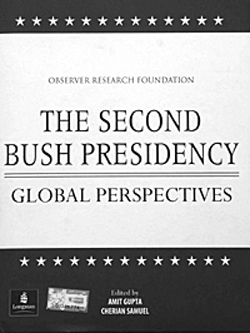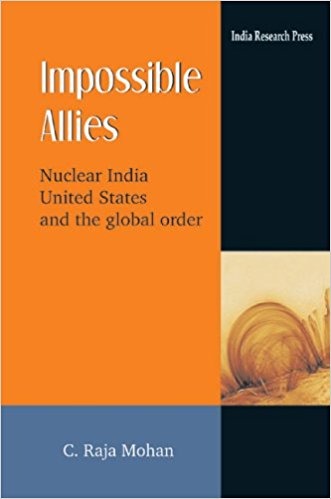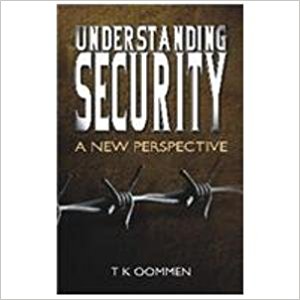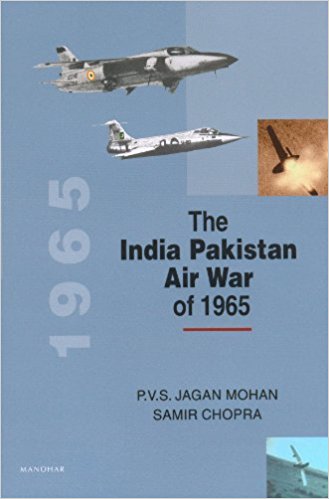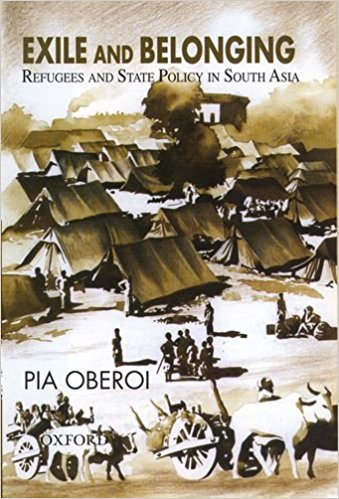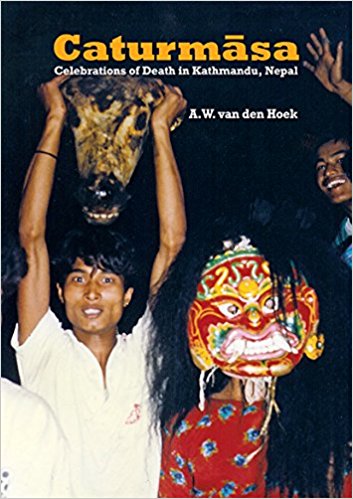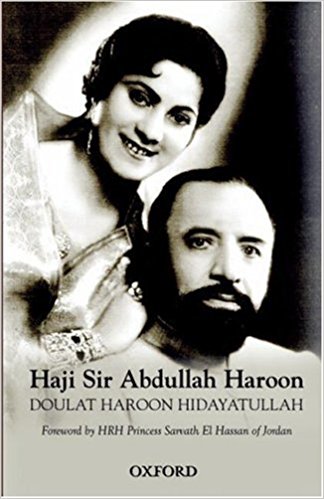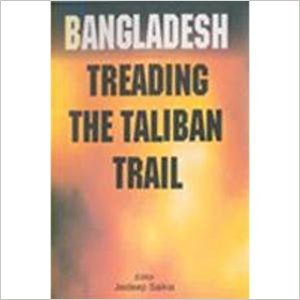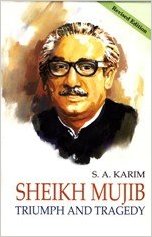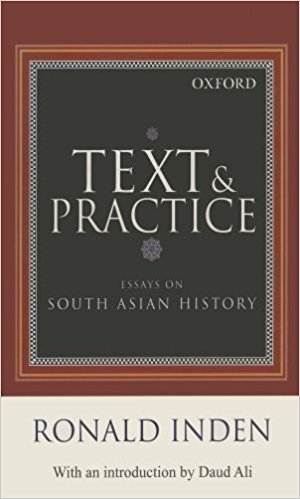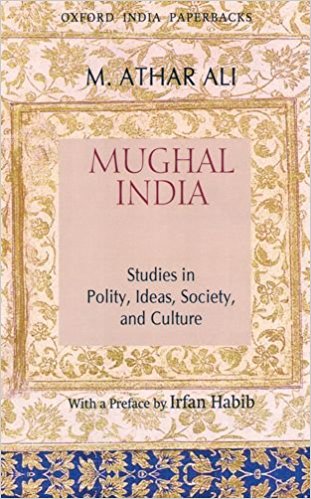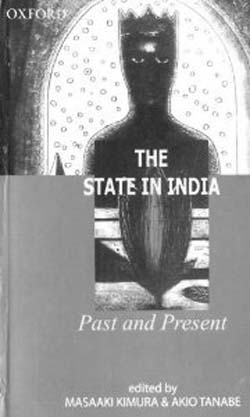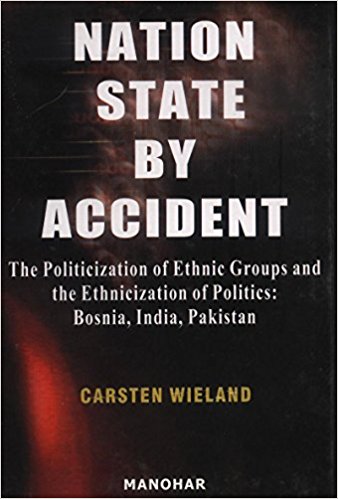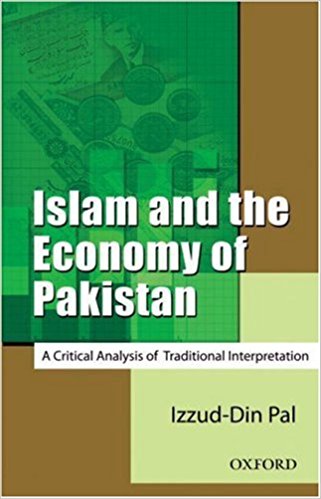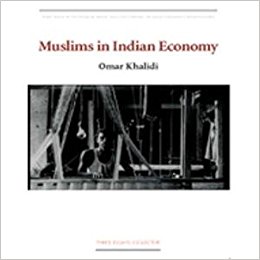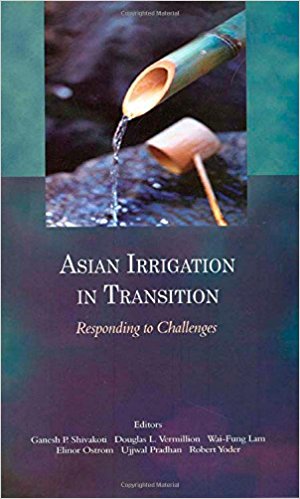In the Ao Naga tradition, no story-telling is complete without the singing of a ballad, a dirge or a hunting song. “It would not be an exaggeration to say that the poetic element forms the core of any discourse or narration in Ao folklore”, says Temsula Ao in her book The Ao –Naga Oral Tradition (Baroda, 1999). True to this tradition, in These Hills Called Home, the author has combined in herself the poet and the story-teller, the one supplementing the other.
Archives
May 2006 . VOLUME 30, NUMBER 52006
As our ever-growing population, and the increasing number of cases of molestations and rapes, and the shocking number of HIV positive people, and our record in trafficking and child prostitution, and our venerable Khushwant Singh testify, sex is always present in the mind and motivates many of the actions of the average Indian male of any age.
The Inheritance of Loss has a minimal plot. The narrative is set at the foot of Mount Kanchenjunga in the Himalayas. It is 1986 when the story opens with a robbery by young insurgents, who force their way into a retired judge’s decrepit colonial mansion and steal his hunting rifles in the presence of the judge, his seventeen-year-old granddaughter Sai, his cook, and his purebred dog Mutt.
Some excellent writing has emerged from the Pakistani Diaspora in recent years. Bapsi Sidhwa’s Cracking India is probably the best known. Woven around the theme of Partition it was widely acclaimed through a series of literary prizes. Deepa Mehta made it into a film called Earth. Sidhwa’s latest book, An American Brat, was published in 1993. Sara Suleri is another Pakistani-American woman writer – a fine novelist and a versatile literary critic. Meatless Days (1990),
The mere mention of the name Faiz Ahmed Faiz evokes a warm adulation, as much in the highbrow scholarly critic as in the mind of the common reader, not restricted to the Urdu world. Faiz became in fact a legendry figure in his own life time, an icon to reckon with. When Sheema Majeed, in her “Editor’s Note” in the book, Culture and Identity, refers to him as a “metaphor of his age”, she directs one’s attention to the gradual unfolding of different aspects of the spirit of the times presented in Faiz’s English writings.
The title of the book itself indicates the motivation behind it, viz. a celebration of Progressive Urdu poetry. The authors, Ali Hasan Mir and Raza Mir set out to “reclaim the legacy of the progressive poets in an age when their words, insights, and politics continue to be relevant”.
The first time I heard about Professor Lipner’s intentions of re- translating the Anandamath was at a symposium organized by The Book Review Literary Trust, New Delhi, sometime in March-April 2003. Both Professor Lipner and this reviewer had spoken on that occasion, albeit for different lengths of time and with unequal authority.
2006
Agrowing number of studies in recent Indian historiography have paid close attention to the role played by print in shaping the contours of modern India. Earlier, the imprecise and unsatisfactory term ‘print culture’ was often invoked to stand in for a perspective in which print was employed as some kind of a wide-angle lens, whose panoptic sweep and scope often obscured—or even misrepresented—the smaller picture.
Kamlaben Patel’s Partition memoir, Mool Sotan Ukhdelan, the translator’s note tells us, is considered as a neglected classic in Gujarati. How much more creditable it is, then, to redeem it from the neglect of its original location, and make it available in English translation — Torn from the Roots! Because, given the sheer tide of Partition things in which we are drowning, after the silence of half a century, it isn’t easy for something to stand out. And yet, this modest memoir does.
There are a few things that Alok Bhalla wants to prove in this collection of dialogues with Partition authors Indian and Paki- stani. He asserts that undivided India had a vibrant composite culture where communities intermingled freely. It was destroyed by the entry of religious politics.
Although the subtitle of the book places its subject squarely within Pakistan, I should like to start with two events, separated by nearly two decades, which took place in India. In 1989, the Sangeet Natak Akademi organized a theatre festival in New Delhi to celebrate Nehru’s Birth Centenary.
2006
The book under review is topical in that discussions on education are both neverending and never seem to go out of fashion. For example, one only needs to recall that the United Nations Educational Scientific and Cultural Organisation (UNESCO) just launched its 2006 ‘Global Report on Education for All (EFA) by the year 2015’,
Women experience violence in myriad forms and changing political, social and economic structures have a deep impact in the way violence against women reconstitutes itself. Such violence brings forth complex realities and permeates all categories of women though the nature of violence would differ between different groups, classes and in different times.
The place of women in development praxis has always been con- tested and troubling. This volume opens out the complex feminist debates in different geographic locations, simultaneously placing before us difference in feminist theorizing and the critical feminist engagements locally and globally with hegemonic forces of development especially over the past three decades.
The book under review is the outcome of a Herculean task of reviewing the status of both pure and interdisciplinary disciplines of the social sciences in Pakistan. The review has been done on the basis of quantitative growth, qualitative development and identification of the factors that limited or fostered the disciplines. Without following any chronology of the development disciplines the editors have collected the articles on different disciplines randomly.
While quantitative research has been rightly critiqued for not being able to adequately address issues within social science research, one of the major problems facing those engaged in cultural studies especially around the media industry is access to facts and descriptive work. Available through market research and surveys, this information is often confidential, for the exclusive use of insiders in the industry.
Postcolonial Muslim societies have been mostly understood through the prism of modernization theory. Very often, the focus of these studies has been the ‘modernizing imperative’ of the postcolonial state. Society as an arena of the non-state was studied only in relation to ways in which it corresponded to the modern demands of postcolonial states.
In the 21st century Muslims no longer rule lands peopled by a majority of non-Muslims, but that was not the case before the 18th century. Wherever Muslims reigned, it was not unusual for them to assert the presence of their religion, Islam, by spectacular monuments, such as domes and towers, particularly the latter.
Weapons have always intrigued mankind, because mankind has always been intrigued by war. The author further refers to an old quotation—”War is a joyous thing… can anyone who has tasted that pleasure, fear death”. These thoughts belong to the heroic Homerian era, long long past. War is no longer a joyous thing. A.E. Housman wrote: Now no more of winters biting. Filth in trench from fall to spring Summers full of sweat and fighting For the Kesar or the King.
This book has been in print for almost thirty years and it is a tribute to Regula Burckhardt Qureshi and her pathbreaking account of qawwali that she has had such a loyal readership in India and Pakistan, the home of this pre-eminent form of sufi music. Qawwali together with ghazal and khyal was one of the genres of music to be recorded on 78rpm discs from the early decades of the twentieth century.
The Lamp of Love is an account of the writer’s experiences of travel, first to Pakistan, and then with the famous Pakistani qawwali singers, the Sabri brothers, to various Sufi shrines in India and Pakistan. The work is however neither a travelogue in the conventional sense nor a book about music: it is best described as a personal account of faith and spiritual conversion.
Mahdi Hasan Khan (MHK) was among the outsiders Salar Jung I, Diwan of Hyderabad, brought in when he reformed the state administration. He belonged to Fathpur, now in Barabanki district, UP. From a prosperous Avadhi Shia family, he was educated at Canning College, Lucknow, trained to become a revenue officer and lawyer, and married Ellen Gertrude Donnelly, daughter of an Irishman living in Lucknow.
D.H.Kolff’s pioneering study Naukar, Rajput and Sepoy : The Ethno-History of the Military Labour Market in Hindustan, 1450-1850 (1990) has dealt with an unexplored aspect of medieval Indian economy. His aim is to investigate the contribution of manpower as a factor in the formation and upholding of the state. In order to understand the nature of medieval Indian economy, specifically its redistributive aspect, he has identified Rajputs as one of the major social groups in Eastern Hindustan or Purab who offered their soldiering services in the military labour market in North India.
For the global citizen, Tariq Ali needs hardly any introduction. Born in Lahore into a Communist family in 1943, Tariq was sent to England for studies, mainly for his personal safety. His uncle who headed the military intelligence was convinced that his nephew stood a good chance of being incarcerated in Pakistan, even running the risk of getting killed by the state. Tariq flourished in Oxford and became president of the Oxford Union in 1965.
There is consensus that America is the only superpower, and that no one can prevent it from going its chosen way or hold it accountable. After 9/11 the voices of dissent and criticism were largely silenced in America and abroad. That has given the US President almost unlimited discretion and immunity from scrutiny. This book brings together views from around the world outlining possible scenarios during Bush’s second Presidency.
More has happened in taking India –US relations to higher levels in the last twelve months than in the preceding twelve years. The period has witnessed one of the most intensely argued public discourse on India’s strategic needs. The discourse involved political parties, India’s Atomic Energy Establishment, a host of experts in India and the US. Indian and US officials parleyed intensively and extensively to make it possible for a new strategic partnership to begin.
The post-Cold War period has produced much speculation, review and reformulation of thinking in security studies and international relations theory. Beyond the concern with immediate practical questions such as “what is the new configuration of power in world politics?” and “what are the sources of insecurity for states and societies today?” lie deeper theoretical issues.
The book narrates the operational performance of Pakistan’s 6 Armoured Division in the 1965 Indo-Pak war. Pakistan had inducted its Special Services Group personnel in J&K in August1965 to stir an uprising and later launched an offensive in the Chhamb Sector on 1 September 1965. India retaliated by launching an offensive across the Indo-Pak international border in the Lahore Sector on 6 September: India’s Prime Minister Lal Bahadur Shastri had warned—retaliation at a place of its choice.
This is one of the rare books on air war in 1965 between Pakistan and India reconstructing history from personal accounts, diaries and interviews. Undoubtedly human memory would be hazy four decades after a war; and this is even more so in the case of air wars where the fog of war is normally much thicker than on land or at sea.
The Indian subcontinent stepped into its independent nationhood amidst the greatest refugee crisis in the modern era, when an estimated fourteen million people migrated across the borders of India and Pakistan. And yet, a theoretical understanding of the refugee phenomenon has evolved much more recently in the1990s. This is especially true of the International Relations literature in the South Asian region that has been dominated by the neo-realist analyses.
This volume is a posthumous publication of what would have been a part of Bert van den Hoek’s magnum opus on the ritual structure of Kathmandu. His untimely death, in a road accident in Mumbai in 2001 while on his way to a conference in Pune, put an end to a project that would have covered various aspects of the Newari ritual calendar.
2006
The North West Frontier Province and Baluchistan have for long been a source of fascination for outsiders. But few have ventured into the region and spent long years living the harsh lives of the local people in the way that Grima has. The author, an ethnographer who currently teaches Pashto at the University of Pennsylvania, has spent twelve years in Peshawar, the Swat valley, Quetta, Zhob and other adjoining areas.
Haji Sir Hidayatullah Haroon (1872- 1942), the subject of the book under review, was a multifaceted man. A successful industrialist, a philanthropist, devout Muslim, a supporter of separation of Sind from Bombay Presidency, and a crusader for Pakistan as an independent Muslim homeland. The biography is rich in details and contains many primary documents,
It is encouraging that several books on Bangladesh have appeared in recent months. There have been few publications on Bangladesh in India, and perhaps fewer from abroad, to be seen on the shelves. For India, this is regrettable on two counts. Firstly, we should know more about a neighbour of nearly a hundred and fifty million people whose territory adjoins the most sensitive region of India for over four thousand kilometres, and, secondly and consequently, whose internal developments have an inescapable fall-out on India.
This, surprisingly, is the first biography in English of Sheikh Mujibur Rahman, the founder of Bangladesh, even though more than 30 years have passed since he was assassinated in a bloody military coup on August 15, 1975. Known to most Bangladeshis as Bangabandhu, or friend of Bengal, a title bestowed on him by acclamation in a mammoth public meeting in Dhaka on 22 February, 1969, he was truly a man of the people, someone who had made the cause of his countrymen and women his own through endless trials and tribulations
Daud Ali’s introduction points out that the essays in this book represent an eventful phase in writings on South Asian history, one marked by the confluence of disciplines, especially history and anthropology. Ronald Inden in fact describes himself as an Indologist, historian and anthropologist of India, all rolled into one.
Noted historian Athar Ali died in 1998. The only time I ever met him was at the Jawaharlal Nehru University in 1992 where he interviewed me for a job at the Center of Historical Studies. I had just returned from Cambridge with a brand new PhD degree, which had the stamp of his bete noire Professor C.A. Bayly.
This book, which is the outcome of a workshop on the same title held in Kyoto in December 1999, also contains a few articles written by other scholars and omits a few which were presented there. In its present form, it contains a few samples of the best research available on the state in India, in both its historical and socio-political aspects.
Yet another work to add to the overflowing ranks of studies of ethnicity, of nationalism, and of how nations are made and unmade. Yet another work which wonders whether the ethnic card is instrumentally employed by self-serving leaders who are in the business of pursuing power, or whether ethnic identity is a primordial sentiment which comes along with birth.
The focus of this book is on the prefix ‘Islamic’ as stated in the Constitution of Pakistan. It enjoins that the legal, social and economic framework of the country be brought into conformity with Islam. The author believes that in Pakistan it was Abul A’ la Maudoodi who actively participated in the constitutional developments which took place during the 1950s. He refers to this process as ‘Islamicization’.
The book is the outcome of the proceedings of the Annual Sessions of the SLEA in mid-2004 and includes 10 Chapters, which are divided into six Parts. Each Part links Human Development to a specific area of economic progress, viz., poverty, growth, services (financial), education and health, technology and productivity, and competitiveness.
Some of the questions that Omar Khalidi has raised in his latest book relate to the economic condition of Muslims in India in the beginning of the new millennium. He compares their present condition with the not so distant past. He then goes on to document the record of colonial and post colonial policies vis-à-vis Muslims and their economic profile as compared with the majority community and other minority communities.
This is an interesting and valuable book, though the choice of the word nationalism seems a little loose. I suspect the word “national- isms” for a decade and more, has had such currency, that people are unwilling to let go of it, even though globalization has undercut the view on nationalism more severely than one had imagined. Kathleen Morrison analyses the relationship between the tribals as foragers and the spice trade for the Western Ghats.
Successful management of irrigation goes well beyond the manage- ment of the infrastructure, by encompassing management of human relations, institutional and organizational dimensions and irrigation policies. The recent three decades have also seen sweeping socio-economic and environmental challenges that have significant impact on irrigated agriculture and the management of irrigation systems in Asia.

